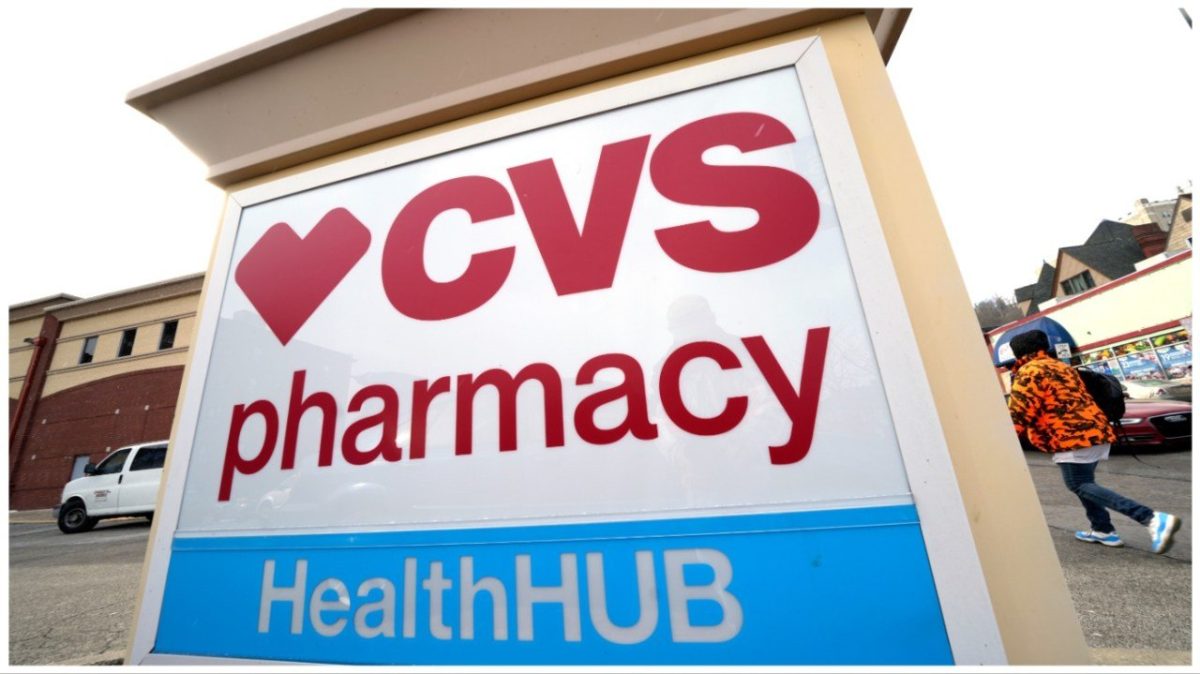CVS and Walgreens, two of the nation’s largest chain pharmacies, announced last week that they would sell the abortion pill, mifepristone, to in-store patients who present a prescription from their healthcare providers. This is a major step in the fight to improve abortion access for Americans since the overturn of Roe v. Wade in June 2022 — but it is not enough.
Walgreens and CVS first announced last year that they were seeking Food and Drug Administration (FDA) certification to sell mifepristone in stores, and faced immense backlash from several GOP attorneys general. The lawyers said if the companies were to ship the medication across state lines, they would violate the Comstock Act. The CEOs of the pharmacy giants held fast, though, and said once they were certified, they would sell the drug wherever it was legal to do so. True to their word, starting this month, the companies are rolling out the drug in some stores in New York, California, Massachusetts, Pennsylvania, Illinois and Rhode Island.
While the decision by these two companies should definitely be applauded, it is worth questioning who these roll-outs will actually be impacting. All of the states that will carry mifepristone on shelves are states where abortion is already legal and accessible. The only real difference presented by carrying mifepristone in stores is women will no longer have to go to specific reproductive healthcare providers to get a prescription. Instead, they can go to their regular primary care physician. This is a notable development, it’s not an Earth-shattering one.
Despite mifepristone’s availability in some CVS and Walgreens locations, women in 21 states will see no change in their access to abortion, unless they can get a prescription from their doctor and drive to the nearest Walgreens or CVS, barring any financial restrictions, familial obligations and other factors that may have held them back from seeking abortion healthcare in other states in the first place. And, again, because of the Comstock Act, which prohibits the mailing of materials “intended for the prevention of conception or procuring of abortion,” mifepristone cannot be sent across state lines. Therefore, this is not a “reckless policy… [that] is pushing to turn every pharmacy and post office in America into an abortion center for the sake of abortion industry greed,” as some anti-abortion groups believe.
That said, it is important to note that there are independent pharmacies that provide patients with mifepristone in states where abortion is illegal. Not to diminish the importance of the steps taken by the two pharmacy giants, and their desire to comply with federal and state regulations and protect their employees from harm is admirable and understandable, but the work done by those independent pharmacies is courageous.
To quote the coherent Vice President Kamala Harris, this move from Walgreens and CVS did not just fall “out of a coconut tree,” this news also has to be considered in light of the recent decision out of Alabama: the state’s Supreme Court found that frozen embryos can be considered children under state law, which will complicate the IVF process.
As a test tube baby, I find it mind-boggling that “extrauterine children” — which, to be clear, are cells that can never become children unless they are implanted in a uterus and accomplish all sorts of difficult developmental tasks — are being afforded agency and liberties that female adults do not have. Of course, I had no real experience. I was just grown in the lab, so I asked my mom what she thought of the Alabama ruling. She found it “ridiculous” because, at that stage of embryonic development, my brother and I “were just clumps of cells.” An embryo in a test tube is not an extrauterine child, and to call them such diminishes the role of and the sacrifice made by the woman who carries that embryo.
There are worthwhile debates to be had about where life begins, and such a debate has been raging since life began, but it is incredibly frustrating to me as a young woman in America to feel as though I will be merely reduced to a vessel if I become pregnant one day. And these measures by CVS and Walgreens do not give me hope — the fight for female healthcare in the U.S. is an uphill battle, and it is a disparagingly unequal one for women who live in red states compared to those who live in blue ones. We can’t wholeheartedly celebrate a victory when such a victory means that so many women are left behind.
Though the wheels of justice turn slowly, particularly regarding bodily autonomy, it is disheartening that we have to fight tooth and nail for a right we have had for almost 50 years. The success of CVS and Walgreens giving more access to abortion healthcare in states where that right is already protected pales in comparison to the success of anti-abortion groups in reducing reproductive healthcare in a state where that access is already essentially nonexistent.
Walgreens’ and CVS’ victories have regained an inch for the pro-choice movement, but we’re still backsliding by miles.
Nicole Braun, FCRH ’24, is an English major from Saddle River, N.J.










































































































































































































